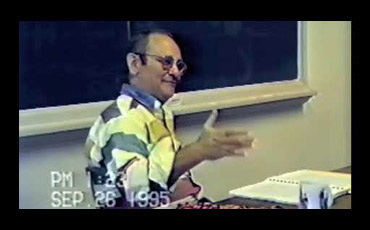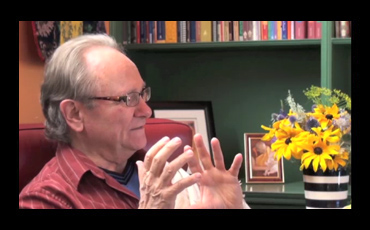Just halfway through the Great Books Project with Indian sources and commentaries by Tibetans and Mongolians, the UMA Institute translators are in need of your support!
MorePlease help the UMA Institute Great Books Translation Project by donating whatever you can. Continuation of this ground-breaking project is important. Your help is crucial.
MoreExpanding Wisdom and Compassion
Through Study and Contemplation
About the UMA Institute for Tibetan Studies
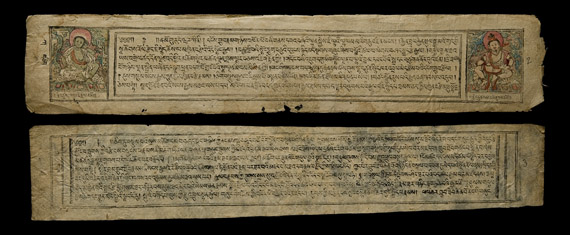
About the Work of the Institute
The UMA Institute for Tibetan Studies was founded in Charlottesville, Virginia (USA) to support long-term translation of texts and oral teachings from Tibetan Buddhist traditions; conduct seminars, classes, and retreats on focal topics of Tibetan Buddhism and instruction in the literary and colloquial aspects of the Tibetan language; and maintain and develop multimedia sites and archives as research and instructional resources accessible across the Worldwide Web.
UMA stands for "Union of the Modern and the Ancient" and also means "Middle Way" in Tibetan. Founded by Jeffrey Hopkins, renowned scholar and human-rights activist, the UMA Institute is unique in that most of our translators have worked together for decades. More importantly, all share a consistent vocabulary and produce translations in a uniform style.
Our books
Four Great Indian Books
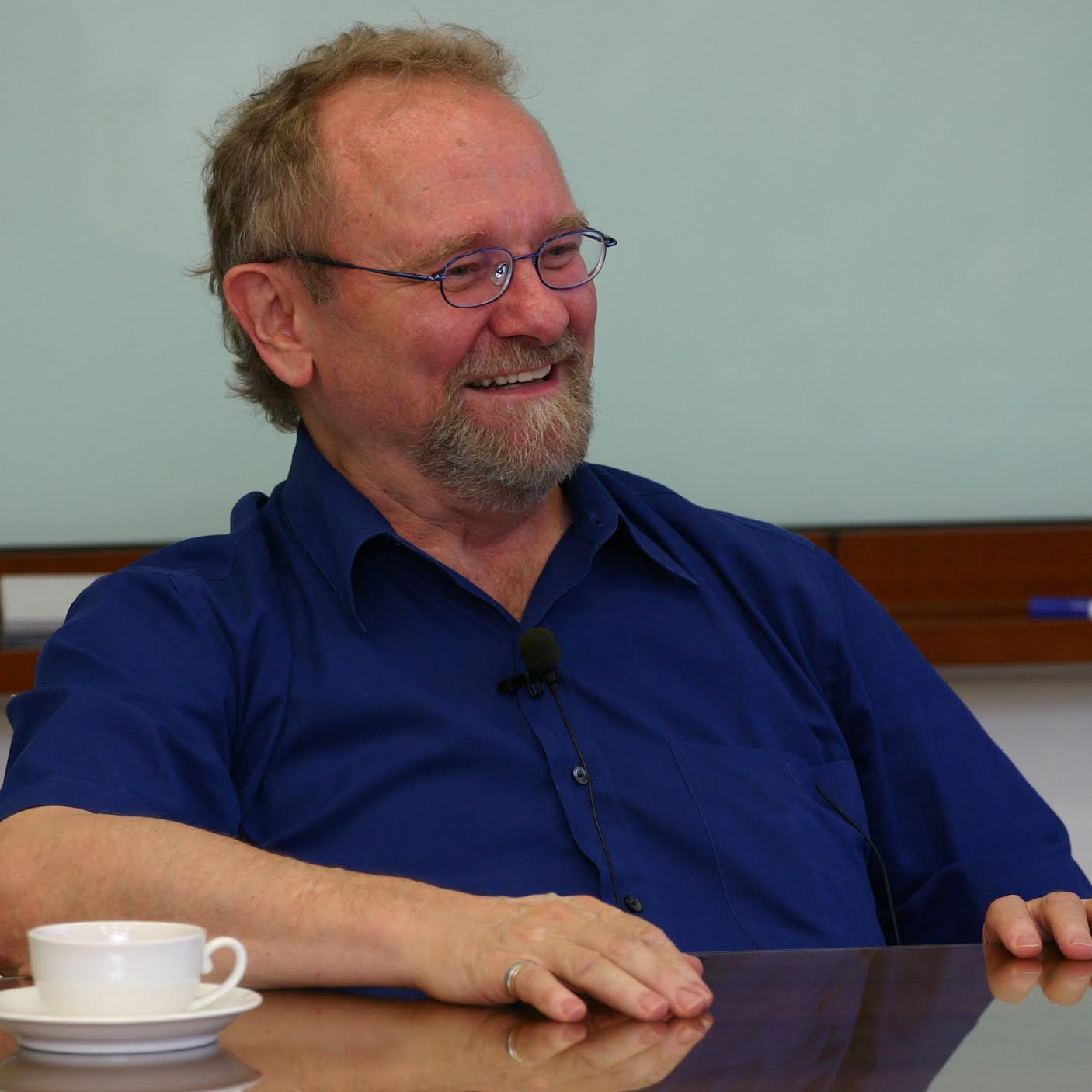
UMA’s current project focuses on Tibetan expositions of Four Great Indian Books, together with a related theme of the Mind of Clear Light. The Four Great Indian books are essential Buddhist texts that even today form the basis of philosophical study in Tibetan Monastic Colleges. They are Maitreya’s Ornament for the Clear Realizations, Chandrakīrti’s Supplement to (Nāgārjuna’s) “Treatise on the Middle,” and Dharmakīrti’s Commentary on (Dignāga’s) “Compilation of Valid Cognition.”
Excerpts from Video Courses and Lectures
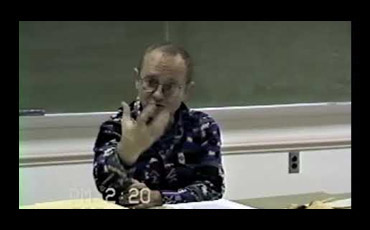
Excerpt from Jeffrey Hopkins's Madhyamaka Seminar, Class # 12 (1994-10-11) on Candrakīrti and his view of emptiness.
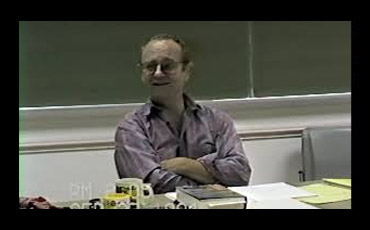
Excerpt from Jeffrey Hopkins's Madhyamaka Seminar, Class # 8 (1994-09-27) on His Holiness the Dalai Lama and the psychological impact of even mere intimations of the realization of emptiness.
